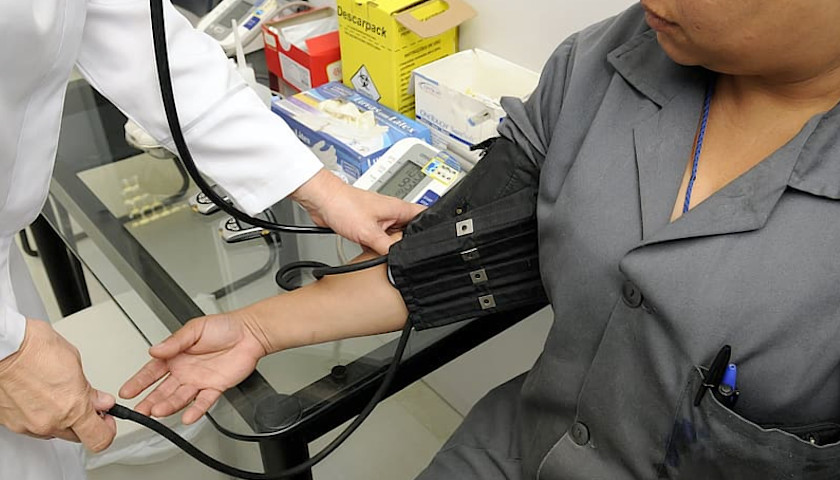Gov. Mike DeWine said Tuesday that Ohio will put more of an effort into improving “issues of health and economic disparities, racism, and inequity.”
“I am seeking dialogue to solve these problems and seeking strategies for the implementation of reforms,” said Governor DeWine. “Whether it is in the urban core or the hills of Appalachia, we have Ohioans who are not living up to their God-given potential because they simply do not have the same opportunities. That is wrong, and we have a moral obligation to change that.”
The first-time governor said race “indisputably” factors in health, education, and economic disparities.
“While there are no simple solutions, we must be a positive voice in advancing change for all of those who are marginalized and in creating equity in health, education, and economic opportunity,” DeWine said.
To address these issues, Ohio plans on improving law enforcement quality training, increasing transparency between the public and police, adding more oversight to Ohio’s law enforcement agencies, and recruiting more minorities to be peace officers, according to the governor’s press release.
Besides improving relations between police and minority communities, Ohio is working to reduce infant mortality rates in the state’s black community, increase home visits for at-risk people in Ohio, and provide mental health services for children in schools who need them, DeWine’s press release says.
In May, DeWine unveiled the recommendations that the Minority Health Strike Force established to address the disproportionate impact of COVID-19 on Ohio’s black community.
“To augment on the work that we are currently doing on health equity and to address the immediate threats posed by COVID-19 to our minority communities we intend to move forward with the strike force’s recommendations, and we have several additional efforts that are ready to get underway,” he said.
The recommendations the strike force came up with included:
- Establishing culturally appropriate and accessible COVID-19 exposure notification services for communities of color.
- Expanding testing capacity and access for minorities and high-risk populations.
- Using data to prioritize resources in the communities that have the highest need.
- Developing and launching a statewide, culturally-sensitive outreach campaign that educates African Americans and communities of color on COVID-19, health disparities, and social determinants of health.
– – –
Zachery Schmidt is the digital editor of Star News Digital Media. If you have any tips, email Zachery at [email protected]. Follow Zachery on Twitter @zacheryschmidt2.





